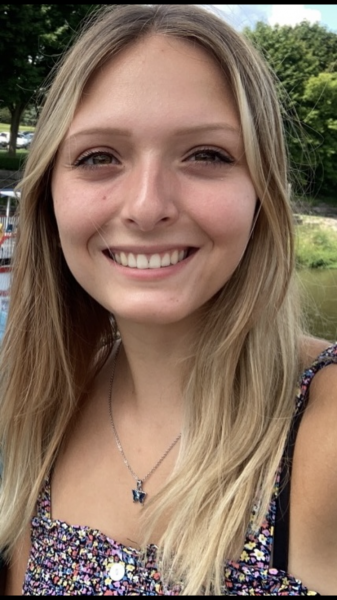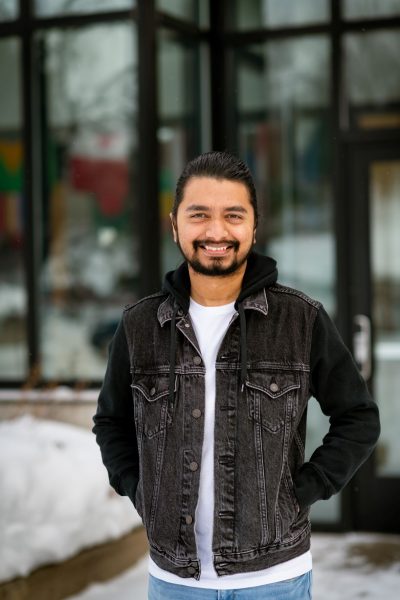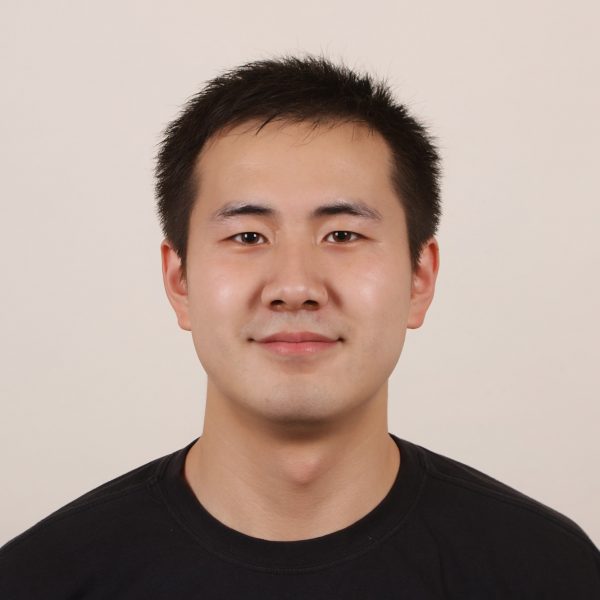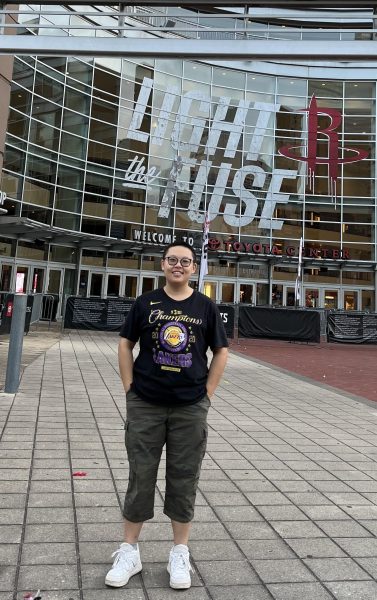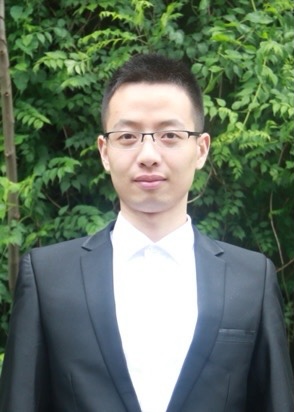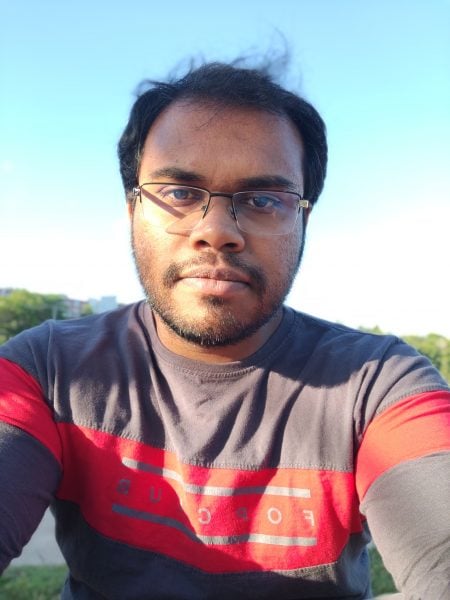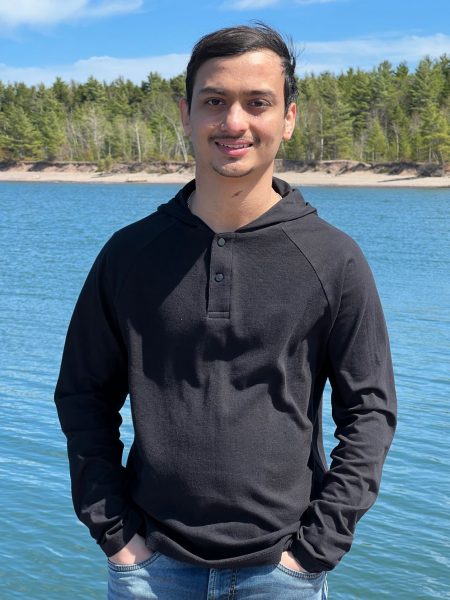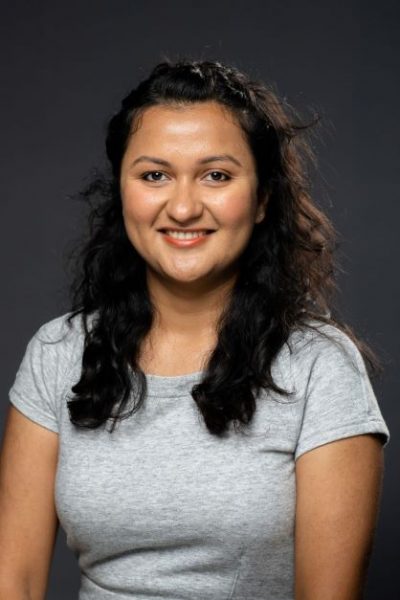I had my first introduction to the biological sciences during my sophomore year of high school in 2015. While I found most of what we learned interesting, I had a fascination with how changes in DNA could cause cancers. It wasn’t until my teacher brought in a cancer researcher to speak to the class that I decided I would want to do my own research one day. Little did I know the journey this curiosity would take me on.
After graduating high school in 2018, I continued my education at Mid Michigan College. I had been taking dual enrollment classes through Mid during high school and had the opportunity to take both General Biology and Microbiology at this time. I still loved biology and was planning on pursuing a career within the sciences. Right before the Fall semester began, I was contacted about being a Supplemental Instructor (SI), as one of my professors had recommended me to the program. I had always enjoyed helping my fellow classmates and decided to take on this role. During my time as an SI, I found that I had a love for teaching and at this point knew that I would one day want to be a professor myself.
By the Fall of 2019, I had transferred from Mid to Michigan Technological University to pursue my Bachelor’s of Science in Biochemistry and Molecular Biology with a minor in Microbiology. My interest in cancer research had not faded and by the Spring of 2021, I was working in the Cancer Metabolism and Functional Genomics lab led by Dr. Xiaohu (Mark) Tang. During my master’s I will continue my work in Dr. Tang’s lab where I will be performing the knockdown and knockout of specific genes within pancreatic cancer cell lines. The goal here is to see how the pancreatic cancer cells’ resistance to drug therapies will be changed. I hope that by doing this research I can help make a difference in how cancer is treated and learn more technical lab skills to teach to my future students.
Once I have completed my master’s I plan to become a professor to help build the foundation for future scientists. I look forward to the rest of this journey and hope to one day inspire others to follow their own dreams the way so many of my own professors have supported and inspired me.
